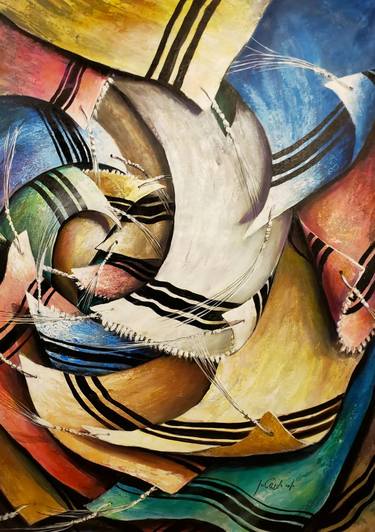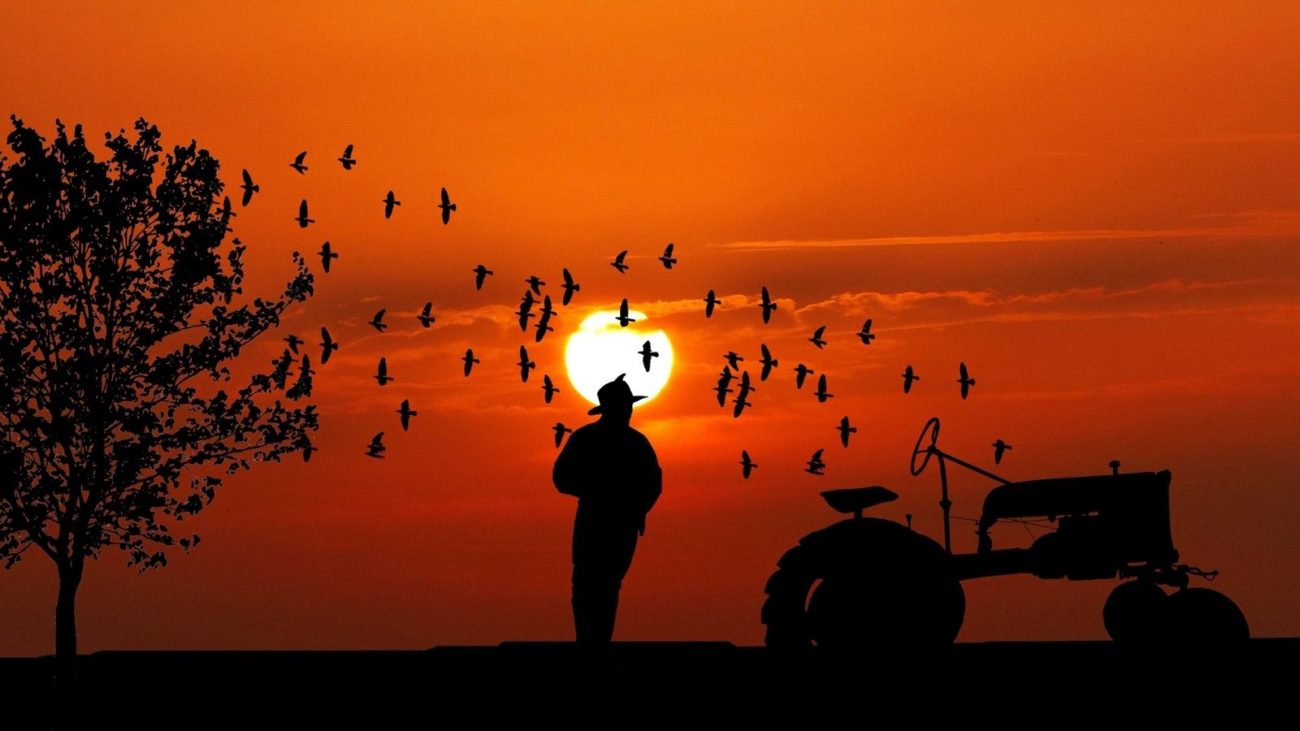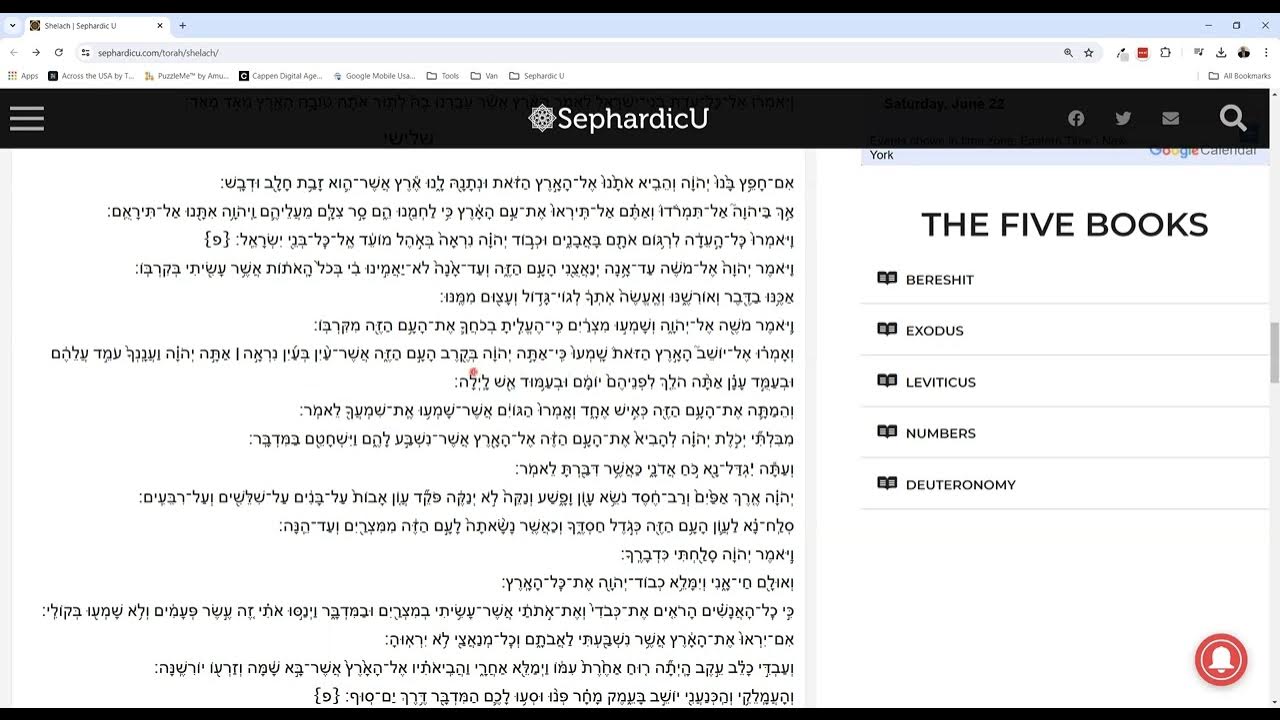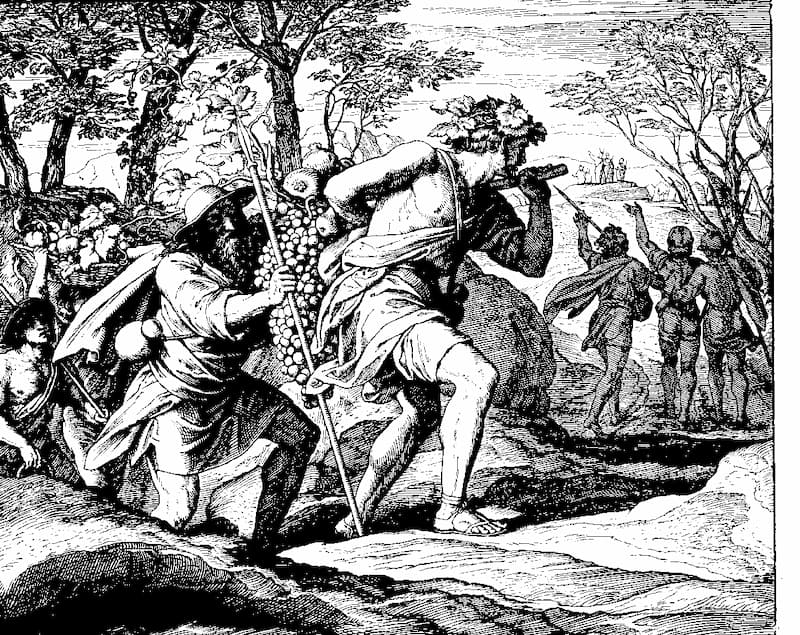| Aspect | Description |
|---|---|
| Parasha Number | The 37th Parasha in the Torah and the 4th in the Book of Numbers (Bemidbar). |
| Parasha Name | Shelach (שְׁלַח), meaning “Send” in Hebrew, referring to the instruction to send out men to scout the land of Canaan. |
| Torah Book | Numbers (Bemidbar). |
| Number of Verses | Comprises 119 verses. |
| Number of Words | Approximately 1,565 words in the Hebrew text. |
| Primary Characters | Key figures include Moses, Aaron, Joshua, Caleb, the 12 spies, and the Israelites. |
| Key Themes | Focuses on the scouting of the Promised Land, the report of the spies, the people’s reaction, and the consequences of their lack of faith. Emphasizes themes of trust in God, leadership, and the consequences of disobedience. |
| Significant Events | Includes the sending of the 12 spies to Canaan, the negative report by 10 of the spies, the positive report by Joshua and Caleb, the Israelites’ rebellion, and God’s decree that that generation will not enter the Promised Land. |
| Notable Quotes | “We should go up and take possession of the land, for we can certainly do it.” (Numbers 13:30) |
| Legacy | Parashat Shelach highlights the importance of faith and trust in God’s promises, demonstrating the consequences of doubt and disobedience, and the rewards of faithfulness. |
| Relevance Today | The themes of trust, faith, and the consequences of actions continue to resonate in contemporary Jewish practice, offering lessons on belief and the importance of following divine guidance. |
| Well-Known Stories | Includes the story of the 12 spies, the differing reports of the spies, and the subsequent punishment of the Israelites, which are significant in Jewish tradition and teaching. |
| Special Observances | Read in synagogues, often highlighting themes of faith, trust, and the consequences of rebellion as the community reflects on the historical challenges faced by the Israelites. |
| Connections to Texts | Shelach builds upon the journey and challenges faced by the Israelites in the wilderness, reinforcing themes of faith, obedience, and leadership introduced in earlier parts of Bemidbar and the Torah. |
| Theological Significance | Emphasizes the importance of faith in God’s promises, the role of leaders in guiding the community, and the consequences of collective disobedience, reinforcing the spiritual commitment required of the Israelite nation. |
Parashat Shelach, also known as Parashat Shelach Lecha, is a weekly Torah portion in the Hebrew Bible. It is the 37th portion in the book of Numbers (Bamidbar) and spans from Numbers 13:1 to Numbers 15:41. The name “Shelach Lecha” means “send for yourself” or “send on your behalf.”
In Parashat Shelach, the Israelites are encamped in the wilderness of Paran, near the border of the Promised Land. Moses sends twelve spies, one from each tribe, to explore the land of Canaan and bring back a report about its inhabitants, resources, and overall conditions.
The twelve spies spend forty days exploring the land and return with a cluster of grapes, pomegranates, and figs as evidence of the land’s fertility. However, when they present their report, ten of the spies give a negative and fearful assessment, describing the Canaanites as powerful and their cities as fortified. Only two spies, Joshua and Caleb, express faith in God’s promise and believe that the Israelites can conquer the land.
The negative report of the ten spies spreads fear and discontent among the Israelites. They grumble against Moses and express a desire to return to Egypt, even considering appointing a new leader to lead them back. This lack of faith and rebellion angers God, and He threatens to disinherit the Israelites and start a new nation through Moses.
Moses intercedes on behalf of the people, pleading with God to forgive them and spare them. God relents but pronounces that the generation of Israelites who doubted Him would not enter the Promised Land. Instead, they would wander in the wilderness for forty years until they perish, with only Joshua and Caleb and those who were under the age of twenty at the time being allowed to enter Canaan.
The remainder of Parashat Shelach discusses various laws and commandments related to offerings, tassels, and the observance of Shabbat. It includes instructions for making fringes (tzitzit) on the corners of garments as a reminder of God’s commandments, as well as regulations for the use of tassels.
Here are the highlights of Parashat Shelach:
- Twelve spies sent to explore the land of Canaan
- Reports of a bountiful land with powerful inhabitants
- Ten spies deliver a negative report, spreading fear and doubt
- Joshua and Caleb express faith in God’s promise
- Israelites rebel against Moses and desire to return to Egypt
- God threatens to disinherit the doubting generation
- Moses intercedes for forgiveness
- God pardons but condemns wandering in the wilderness
- Only Joshua, Caleb, and those under twenty enter the Promised Land
- Laws and commandments regarding offerings, tassels, and Shabbat
Parashat Shelach serves as a cautionary tale about the consequences of lacking faith and succumbing to fear. It teaches the importance of trust in God’s promises and the significance of staying committed to His guidance and commandments.
שלח
שני
שלישי
רביעי
חמישי
שישי
שביעי
Shelach
Numbers 13:1-15:41
Second
Third
Fourth
Fifth
Sixth
Seventh
יהושע
ב׳:א׳-כ״ד
Joshua 2:1-24
She sent them on their way, and they left; and she tied the crimson cord to the window.











Parashat Vayikra – Weekday Torah reading (Moroccan Te’amim)